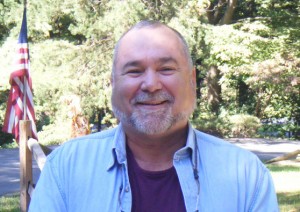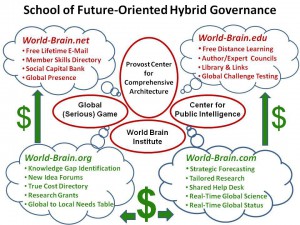
This offers a brilliant analysis, a “connecting of the dots,” of why Petreaus was set up to leave CIA. But that's not the main story. The general's affair was cover used by Obama for getting rid of Petraeus to install Brennan for a special purpose:
“If Brennan were to succeed Petraeus at the C.I.A., the White House would not only install Obama's first choice in that office, no small matter in itself. Of far greater importance is the fact that, aside from Obama himself — and in certain respects, probably more than Obama — Brennan is the single most critical person in the design and implementation of the government's Murder Program, as I recently discussed. If Brennan does finally head the C.I.A., do you think that would be a coincidence? I do not for a moment believe in coincidences of that kind, especially not with an administration as determined in its lethality as this one. Think of it: John Brennan, who now is Obama's chief adviser on domestic security and counterterrorism goes to head the C.I.A.
I'll tell you what that means to me: Obama and his fellow murderers are absolutely determined to bring the Murder Program home to America, and probably even more quickly than I had previously thought. I described the steps by which that might happen in the second half of the preceding post. The unfolding nightmare that I described might very well lie in your future, America — and in the not too distant future at that. Do you care? To be sure, the administration could achieve the same end with another candidate if it wished, Vickers for example. But to be able to unleash the Murder Program on an even greater scale with the man who knows everything about it, and from his lofty perch at the C.I.A. … it's a dream come true for these bastards. And that may well be the reason they decided to get rid of Petraeus.”
And Congress's approving Brennan will enable Obama to say Congress approves of using drones what this writer calls the “Murder Program”:





